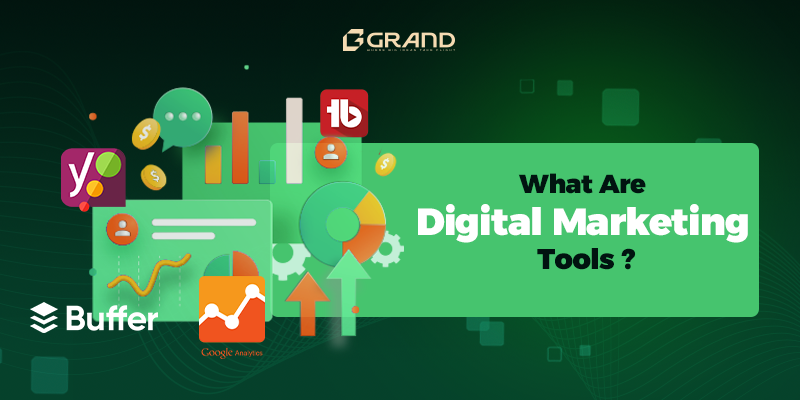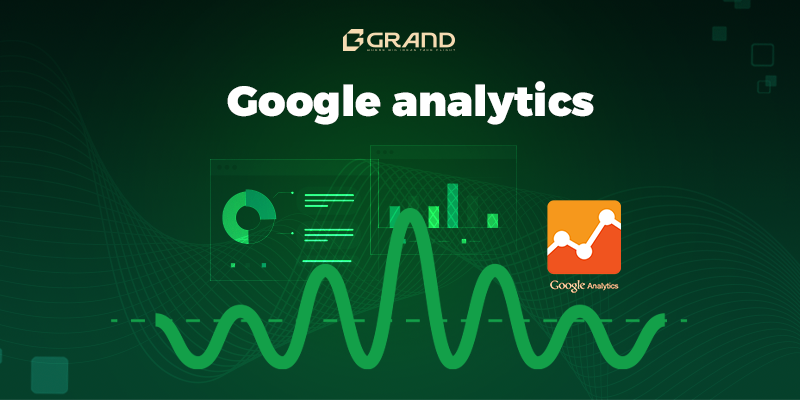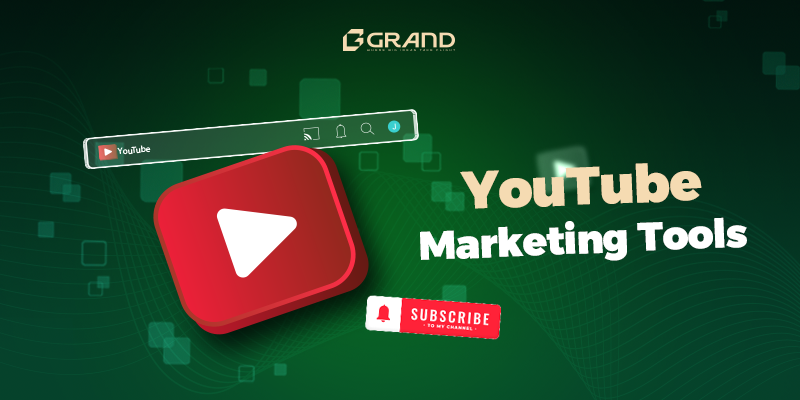The Best Digital Marketing Tools in 2024
In the fast-evolving world of digital marketing, staying updated with the latest tools is crucial for achieving your marketing goals.
By leveraging Digital Marketing Tools, you can optimize your campaigns, better understand your audience, and make data-driven decisions that lead to improved performance and increased return on investment.
What Are Digital Marketing Tools?

Digital marketing tools are essential for any e-commerce marketing strategy, helping to streamline and accelerate the achievement of marketing goals.
These tools can be categorized into several types:
- Comprehensive Analysis Tools – Help analyze and monitor marketing efforts.
- SEO Tools – Improve search engine rankings.
- Content Marketing Tools – Enhance the creation and distribution of marketing content.
- YouTube Marketing Tools – Optimize video marketing efforts.
- Email Marketing Tools – Manage and optimize email campaigns.
Each tool has its specific function, and the choice of tools depends on the marketing objectives you aim to achieve.
Understanding the role of each tool can help you decide whether it will effectively assist you in reaching your goals efficiently and quickly.
Below is an overview of essential tools in different categories:
Comprehensive Analysis Tools:
There are many tools available for digital marketing, but some of the best and most efficient ones that are also free are Google’s analysis tools. These tools include:
Google Search Console:
Monitors website performance, identifies issues and provides insights into keyword rankings and page performance.
It helps you identify and resolve issues with your website by providing valuable insights, such as:
- Total impressions of your site in search results (SERP).
- Number of clicks your site received.
- Average click-through rate (CTR).
- Average position of your site in search results.
- Keywords that your site ranks for in searches.
- Most frequently viewed pages when users search using specific keywords.
These metrics are crucial for optimizing your website’s performance and improving your search engine rankings.
Google Tag Manager:
It is a powerful tool that when integrated with your website offers several benefits.
For example, it allows you to organize and manage a variety of code snippets (tags) easily.
Additionally, you can track customer actions throughout their journey on your site.
So, if a customer encounters an issue, you can pinpoint the exact page where the problem occurred, allowing you to address and resolve it efficiently. This level of tracking and management enhances the overall user experience and website performance.
Google Analytics:

It is a tool that allows you to analyze visitor traffic on your website and generate reports that provide a wealth of information and metrics.
These reports can help you understand
- the number of visitors,
- the countries they are browsing from,
- the amount of time they spend on your site,
- many more insights that help you understand your visitor behavior and demographics.
This information is crucial for improving user experience and optimizing the flow of traffic on your website, enabling you to make data-driven decisions for better performance.
SEO Tools:

Search Engine Optimization (SEO) is crucial for appearing in the top search results, which in turn builds trust with your customers. Proper SEO efforts ensure that your website is visible and credible.
To optimize your site for search engines, several tools can assist, including:
Google Keyword Planner:
Generates keyword ideas and analyzes search volumes.
Yoast SEO:

A WordPress plugin that optimizes content for search engines.
This tool helps you identify and select the right primary keyword for your content
SEM Rush:
Offers extensive tools for keyword research, competitor analysis, and backlink tracking.
Content Marketing Tools:

Marketing content has become one of the most widespread types of content recently.
These tools can optimize your content marketing strategy by ensuring it reaches the right audience and engages them effectively:
BuzzSumo:
Analyzes trending content and helps generate ideas.
Buffer:

Manages and schedules social media posts like Facebook, Twitter (X), LinkedIn, and others.
It also allows you to perform various analyses and generate daily reports.
Quintly:
Tracks and measures social media performance.
For example, it provides metrics such as reach, engagement, and other key performance indicators, which help you refine your social media content strategy.
YouTube Marketing Tools:

Here are some of the most popular tools that help content creators with YouTube marketing:
VidIQ:
Optimizes YouTube channels and videos for better SEO.
TubeBuddy:

Provides keyword suggestions and competitive analysis for YouTube content.
Email Marketing Tools:

Email marketing is a longstanding yet highly effective marketing tool that remains crucial for businesses. To optimize your email campaigns, it’s important to be familiar with the latest tools available.
Some of the most effective and widely used tools include:
Mailchimp:
One of the most popular email marketing tools is Mailchimp, which allows you to send a large volume of emails for free.
A widely used platform for managing email campaigns and tracking performance.
HubSpot:
Offers a range of marketing tools, including email campaign management with detailed analytics.
AWeber:
Provides email marketing services with many strong analytics.
Importance of Digital Marketing Tools:
- Performance Tracking:
These tools help monitor and improve campaign effectiveness.
- Audience Reach:
They enable you to target and engage a broad audience.
- Flexibility and Speed:
Tools offer quick adjustments based on customer needs.
- Cost Efficiency:
Effective targeting reduces budget waste.
Grand Marketing Agency help you achieving your marketing goals with best tools.
Utilize these tools and it will help you stay competitive and achieve your digital
marketing goals.






